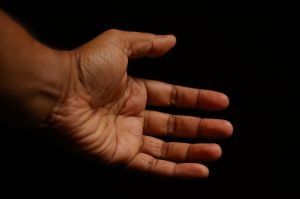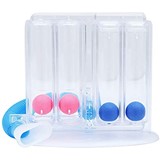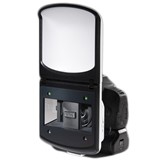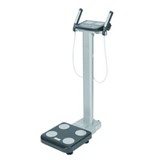Australia's proud record of organ and tissue transplantation is based on consideration for where body parts are sourced, and the system is governed by a range of ethical standards.
As the resource of human-sourced implants and tissues grows in demand, the governance of imported organs and tissues needs to be examined or the demand has to be met with Australian donors.
AAP reports the lowest rates of organ donation come from the largest state in Australia with health minister Jillian Skinner noting that "last year NSW hospitals identified 215 potential organ donors who were medically suitable to donate, of those, only 77 actually donated organs — a rate of just 36 per cent".
Skinner said she wanted to see the rate increase to meet the national target of 70 per cent.
"One organ donor can help as many as ten people, with many more assisted when tissue is also donated," she said.
It becomes extremely difficult when families refuse to donate organs in about half of all potential donor cases in NSW, according to a report into organ donation.
As technologies for positive medical outcomes with the use of organ and tissues become safer, the demand will likely increase for these items and the Australian donation rates are not expected to fulfil this demand — and so increases the demand for the import of organ and tissue from overseas.
The Department of Health and Aging advises health care professionals who import bone and tissue for their patients from overseas under the Special Access Scheme (SAS) are expected to abide by the same principles set out in the National Health and Medical Research Council's National Statement on Ethical Conduct in Human Research.
Indeed the DHA's national statement specifically addresses the ethical considerations associated with the use of tissue imported from another country:
"It is a condition of authorisation by the TGA that healthcare professionals accessing unapproved products from overseas for their patients under the Special Access Scheme must obtain written, informed consent from a patient and there is additional consent required where the unapproved product contains products derived from biological tissue including human blood or plasma.
"There are also legal and ethical frameworks governing donation of eye and tissue products in Australia from living and deceased donors established under State and Territory Human Tissue Acts which practitioners should abide by.
"It is a condition of authorisation by the TGA that healthcare professionals accessing unapproved products from overseas for their patients under the Special Access Scheme must obtain written, informed consent from a patient and there is additional consent required where the unapproved product contains products derived from biological tissue including human blood or plasma.
"Australians can feel confident that every effort is made to ensure that locally and imported bone and tissue for transplantation is safe and sourced ethically."
The government has planned to increase community education and awareness campaigns to encourage people to have discussions with their families about donating.
In most cases, this occurs when the wishes of the deceased person are unknown.
People can click through from the DonateLife website to the Australian Organ Donor Register to register their donation decision.






-160x160-state_article-rel-cat.png)





-160x160-state_article-rel-cat.png)











